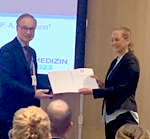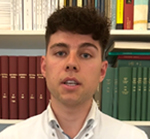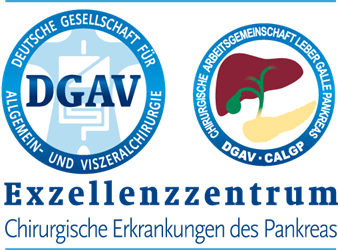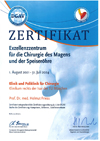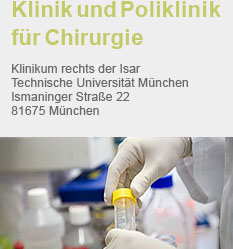
Sonderforschungsbereich 576
"Facultative Microbial Pathogenesis and Innate Immunity"
2. Funding period (2004-2007)
Coordinator
Prof. Dr. Bernhard Holzmann
Klinik und Poliklinik für Chirurgie
Klinikum rechts der Isar
Technische Universität München
Ismaninger Str.22
81675 München
Phone: +49 - 89 - 4140 2033
Fax: +49 - 89 - 4140 6605
E-Mail: bernhard.holzmann@mri.tum.de
Research
The SFB 576 has its scientific focus on innate immunity and facultative microbial pathogenesis.
Recent research in innate immunity has substantially influenced our attempts to understand the mechanisms of host defense against infection. The discovery of a non-clonally distributed family of mammalian receptors that share homology with the Drosophila Toll protein was crucial for this development. Engagement of Toll-like receptors by molecular patterns found in microbes but not in self-tissues was demonstrated to link pathogen recognition with signal transduction, activation of innate immune cells, and generation of adaptive immune responses. Further emphasizing the ancient roots of innate immunity, recent work suggests that the repertoire of signal transducing pattern recognition receptors has to be extended by proteins that exhibit homology to plant disease resistance genes.
The aims and future directions of research in the SFB 576 include the recognition of microbial structures by Toll-like receptors, the specificity of Toll-like receptor signals in the regulation of innate and adaptive immune responses, the roles of phagocytes and dendritic cells as regulatory cells inducing inflammatory reactions and linking innate and adaptive immunity, and the mechanisms by which facultative pathogenic microorganisms counteract innate host defense. Special focus of the SFB 576 is on investigating immune responses in intact organisms. Ultimately, this work may lead to a better understanding how to control and manipulate immune responses and may help to take basic research to clinical applications.
KEYWORDS: STATUS: draft - 29.08.2007
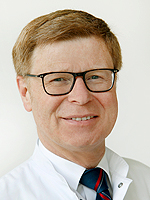
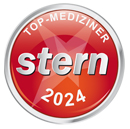



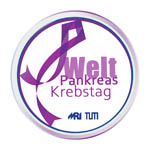

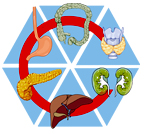


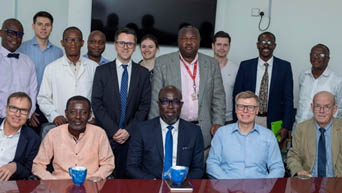


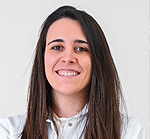 erhält Young Investigator Grant 2023 der IAP und der APA Foundation für Forschung
erhält Young Investigator Grant 2023 der IAP und der APA Foundation für Forschung 